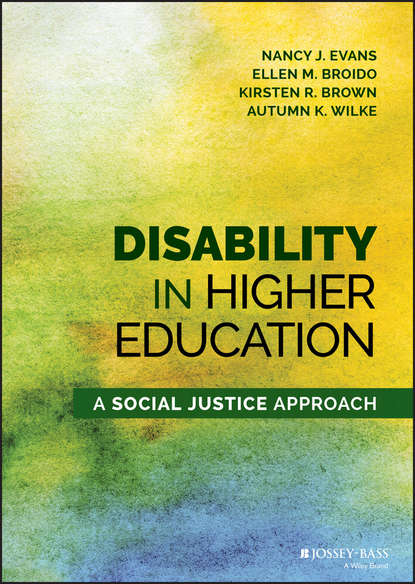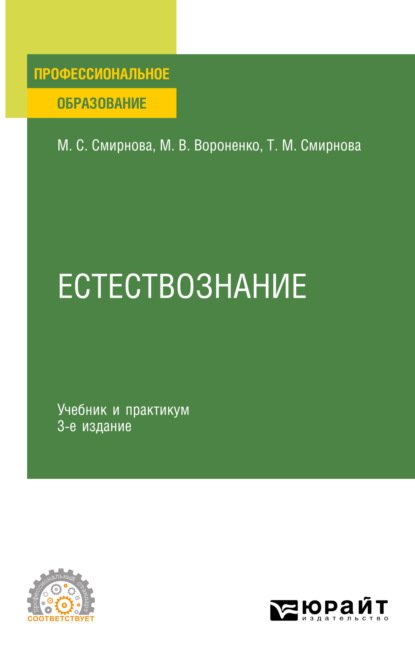Книга "Disability in Higher Education: A Social Justice Approach" рассматривает, как инвалидность рассматривается в высшем образовании и как студенты, преподаватели и сотрудники с инвалидностью воспринимаются и обслуживаются на кампусах колледжей и университетов. Авторы используют несколько теоретических рамок, исследований и опыта создания включающих кампусов, предлагая новую концепцию понимания инвалидности с использованием принципов социальной справедливости. Многие учреждения сосредоточены только на юридическом доступе и адаптации, что приводит к системе исключения и угнетения. Однако, используя принципы универсального дизайна, социальной справедливости и другие инклюзивные практики, кампусы могут быть преобразованы в более инклюзивные и справедливые среды для всех участников. Авторы рассматривают опыт студентов, преподавателей и сотрудников с инвалидностью и предлагают стратегии борьбы с абелизмом в различных сферах, включая аудитории, общежития, прием и ориентацию, студенческие организации, развитие карьеры и консультирование. Книга поможет читателям: рассмотреть проблемы, кроме доступа и адаптации; использовать принципы универсального дизайна для выгоды студентов и сотрудников в академических, внеучебных и трудовых средах; понять, как инвалидность взаимодействует с многими аспектами личности и опыта. Книга предоставляет стратегии для борьбы с абелизмом в предположениях, политиках и практиках, организационных структурах, отношениях и физических структурах высшего образования.
Электронная Книга «Disability in Higher Education» написана автором Ellen M. Broido в году.
Минимальный возраст читателя: 0
Язык: Английский
ISBN: 9781118418543
Описание книги от Ellen M. Broido
Create campuses inclusive and supportive of disabled students, staff, and faculty Disability in Higher Education: A Social Justice Approach examines how disability is conceptualized in higher education and ways in which students, faculty, and staff with disabilities are viewed and served on college campuses. Drawing on multiple theoretical frameworks, research, and experience creating inclusive campuses, this text offers a new framework for understanding disability using a social justice lens. Many institutions focus solely on legal access and accommodation, enabling a system of exclusion and oppression. However, using principles of universal design, social justice, and other inclusive practices, campus environments can be transformed into more inclusive and equitable settings for all constituents. The authors consider the experiences of students, faculty, and staff with disabilities and offer strategies for addressing ableism within a variety of settings, including classrooms, residence halls, admissions and orientation, student organizations, career development, and counseling. They also expand traditional student affairs understandings of disability issues by including chapters on technology, law, theory, and disability services. Using social justice principles, the discussion spans the entire college experience of individuals with disabilities, and avoids any single-issue focus such as physical accessibility or classroom accommodations. The book will help readers: Consider issues in addition to access and accommodation Use principles of universal design to benefit students and employees in academic, cocurricular, and employment settings Understand how disability interacts with multiple aspects of identity and experience. Despite their best intentions, college personnel frequently approach disability from the singular perspective of access to the exclusion of other important issues. This book provides strategies for addressing ableism in the assumptions, policies and practices, organizational structures, attitudes, and physical structures of higher education.



















